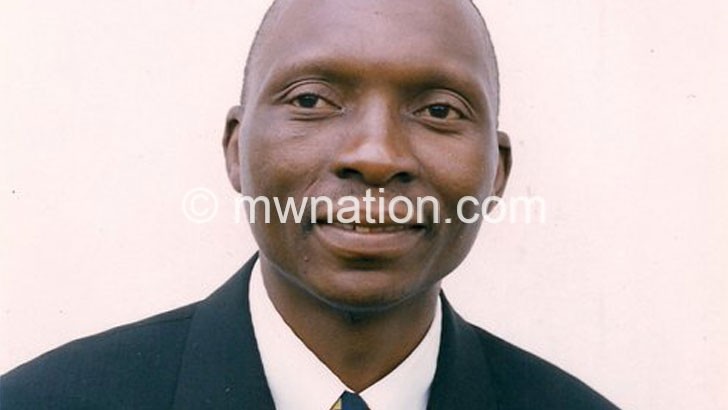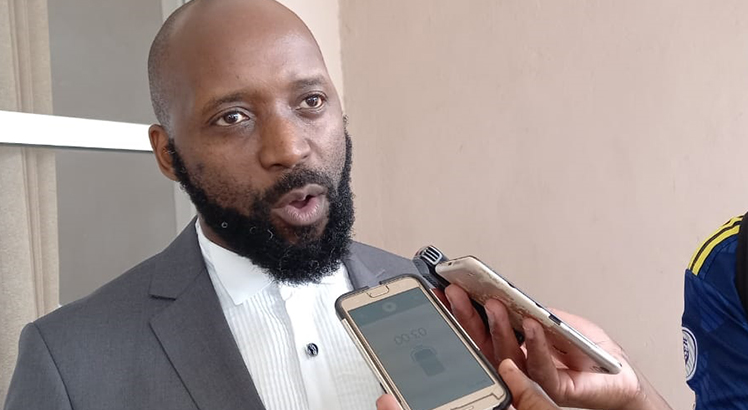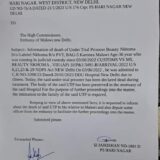As Electoral Commission moves to gazette new constituencies and wards ahead of the 2025 Tripartite Elections, a fresh cost-benefit debate has emerged.
While some political and economic analysts say the constituency boundary review exercise was long overdue, others worried with the economic cost on the taxpayer.
Taxpayers should brace to spend atleast K997.33 million monthly or K12 billion annually to pay 229 members of Parliament (MPs) and at least K76.3 million monthly or K9.12 billion a year on 509 councillors from 2025.
This follows the revision of constituency boundaries and wards by the electoral body and the subsequent approval of the boundary report by Parliament on November 18 last year.
The report, yet to be gazetted, shows that constituencies have increased by 46 from 193 to 239 while wards have increased by 47 from 462 to 509.
Thindwa: It will cost the economy heavily
While stating that the electoral body was only carrying out its constitutional duty, political and economic experts yesterday agreed that the exercise will cost the country a fortune.
Blantyre-based political analyst Ernest Thindwa said there is, therefore, need to change conditions that necessitate constituency re-demarcations.
He said: “This needs to be revisited because the review of constituencies should not only take the requirements of the law.
“There have to be other variables, particularly the capacity of the economy to sustain such an increase. The newly announced increase does not make any economic sense.”
Thindwa further argued that such an increase will add more pressure on the country’s small budget, saying this will result in an increase of the Constituency Development Fund (CDF) budget currently at K100 million per constituency or K19.3 billion a year.
However, political commentator Humphreys Mvula said the review exercise was long overdue as the last one was done in 1999.
He said the country was paying the price for not being progressive in following the law.
Said Mvula: “Financially, we can’t easily sustain it because Malawi has a very small national budget. However, democracy is expensive and we have to look at the fact that citizens have to be properly represented in Parliament.”
But economist Gilbert Kachamba, while agreeing with the two on the cost the exercise will bring on Malawians, felt the increase in the number of representatives will improve the lives of Malawians.
He said with K100 million per constituency for CDF, more areas will be developed by the fund.
“The exercise will ensure that each corner of the country receives a fair share of CDF,” said Kachamba.
With the report on the matter approved by Parliament last November, the electoral body’s public relations manager Sangwani Mwafulirwa said the commission will proceed to publish in the gazette the new constituency boundaries.
According to the boundaries report, the Northern Region will now have 38 parliamentary seats from 33, the Centre will have 93 constituencies from 73 and the South will have 98 parliamentary seats from 87. Wards have been increased to 89, 194 and 226, in that order.
The commission said it used the projected population of people eligible to register to vote for the 2025 Tripartite Elections as provided by the National Statistical Office (NSO) in the re-demarcation process.
The NSO projects the national population of voters eligible to register to vote in 2025 at 10 957490.
The commission carried out the first re-demarcation exercise in 1999, when the country’s Parliament had 177 legislators. The exercise increased the number to 193.
The post Cost-benefit debate on extra MPs, councillors resurfaces first appeared on The Nation Online.
The post Cost-benefit debate on extra MPs, councillors resurfaces appeared first on The Nation Online.
 Moni Malawi
Moni Malawi 

